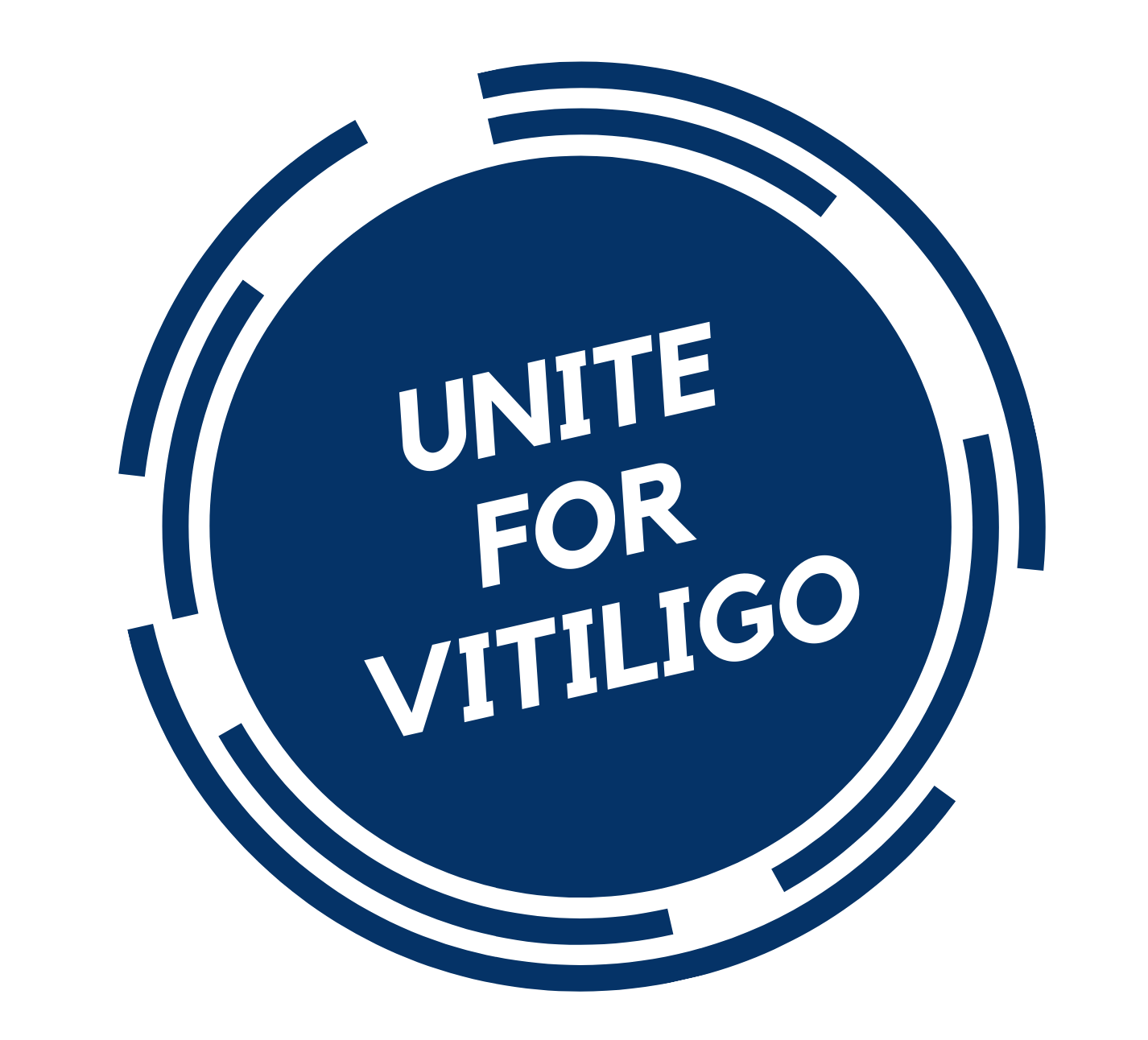A recent review published in the Journal of Cosmetic Dermatology examined the potential impacts of diet and nutrition on vitiligo. The study analyzed 14 publications sourced from three scientific databases. The systematic review, registered under PROSPERO (CRD42023464740), followed PRISMA 2020 guidelines. Researchers screened 214 studies from PubMed, European PMC, and Google Scholar, narrowing them down to 14 based on relevance and data quality. Quality assessment was conducted using the Critical Appraisal Skills Programme (CASP) tool, and findings were presented visually via charts. The review shed light on how dietary interventions may help manage the skin disorder.
Key Findings
Oxidative stress plays a significant role in the development of vitiligo, with studies showing higher ROS production in affected individuals. Elevated ROS levels, often linked to oxidative stress and cellular damage, may exacerbate the condition. Heavy metals like cadmium (Cd), mercury (Hg), and lead (Pb) are identified as contributors.
The Research review conducted above suggested that diets rich in antioxidants, including vitamins C, B12, and D, along with polyunsaturated fatty acids (PUFAs), may mitigate this oxidative stress and improve outcomes for people living with vitiligo.
Vitamins C, D, and B12: Antioxidant properties may reduce oxidative stress. A pilot study involving high-dose vitamin D supplementation showed repigmentation in over half the participants.
Fatty Acids: PUFAs demonstrated immunosuppressive effects, while alpha-lipoic acid (ALA) combined with narrow-band UVB light showed promising results in reducing symptoms.
While these interventions don’t replace traditional treatments like phototherapy and corticosteroids, they could serve as valuable adjunct therapies.
Note: Although research remains limited, the findings underscore the potential of dietary interventions to complement traditional therapies. These strategies could enhance treatment efficacy while reducing reliance on methods with adverse side effects. The review emphasizes the need for extensive clinical trials to establish standardized dietary protocols for vitiligo management.
Journal Reference:
Hadi, Z., et al. Exploring the impact of diet and nutrition on vitiligo: A systematic review of dietary factors and nutritional interventions. Journal of Cosmetic Dermatology. DOI: 10.1111/jocd.16277

